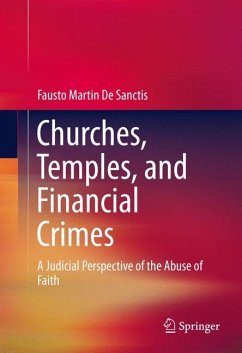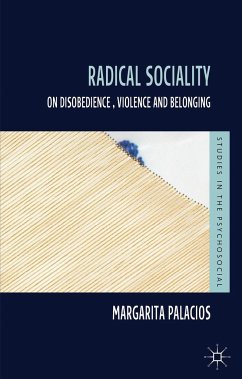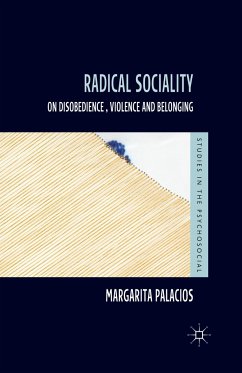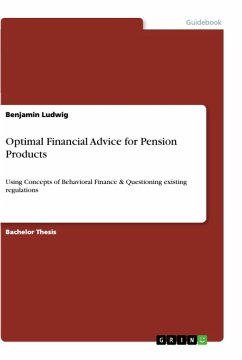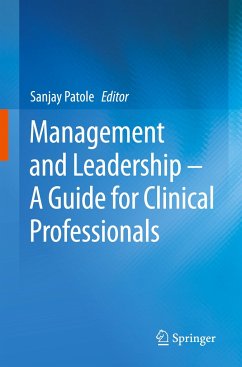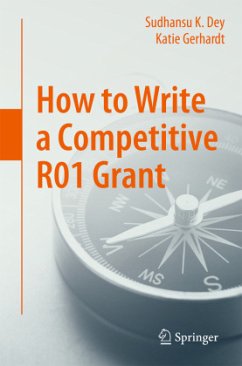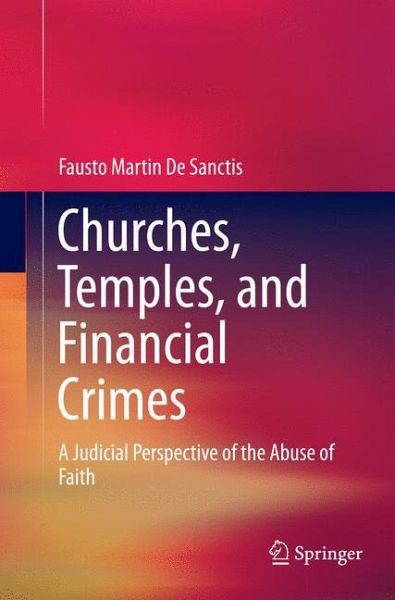
Churches, Temples, and Financial Crimes
A Judicial Perspective of the Abuse of Faith
Versandkostenfrei!
Versandfertig in 6-10 Tagen
38,99 €
inkl. MwSt.
Weitere Ausgaben:

PAYBACK Punkte
19 °P sammeln!
This eye-opening volume examines ways in which religious institutions can be misused to mask illegal financial dealings, and steps law enforcement can take to combat these criminal activities. The chapters review legal rights and responsibilities of churches and the types of loopholes that can allow unscrupulous practices to flourish. This book offers local and global proposals for the study and practice of improving financial transparency for religious organizations, and assessing and curbing monetary crimes within their ranks. A sampling of criminal cases of financial wrongdoing by churches ...
This eye-opening volume examines ways in which religious institutions can be misused to mask illegal financial dealings, and steps law enforcement can take to combat these criminal activities. The chapters review legal rights and responsibilities of churches and the types of loopholes that can allow unscrupulous practices to flourish. This book offers local and global proposals for the study and practice of improving financial transparency for religious organizations, and assessing and curbing monetary crimes within their ranks. A sampling of criminal cases of financial wrongdoing by churches and temples spotlights the ingenuity involved in such scams as well as in the ongoing fight against them. Included in the coverage: - Religious freedom in the U.S. and Brazilian constitutional orders - Government regulation of religious organizations - Criminal investigations and cases involving financial crimes practiced by and through religious institutions - International religious activities and legal cooperation for repatriation of assets - Payments through illegal and disguised means, and the misuse of churches, temples, and charitable organizations -Proposals to improve the war against financial crimes within temples and churches Its unique subject matter and depth of information makes Churches, Temples, and Financial Crimes distinctly useful for professionals involved in efforts to curb this form of crime, particularly law enforcement personnel, prosecutors, and judges.





